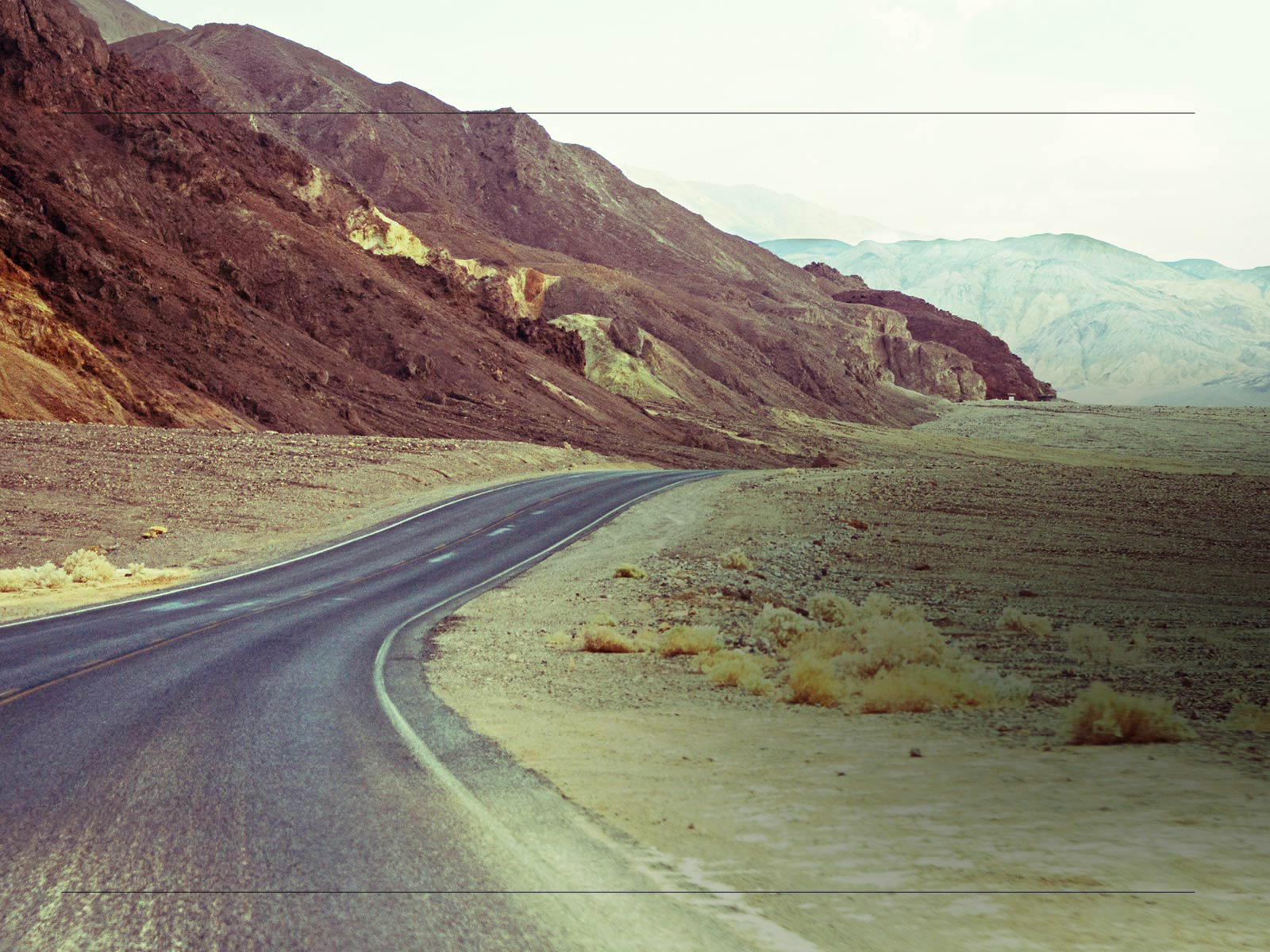The Moving Energy Report, a Chatham House report for the Moving Energy Initiative takes a unique look at the daily life of 60m refugees worldwide by assessing the state of energy access in camps. When we embarked on the initiative we knew there was a problem—only now do we see the scale and shape of that challenge.
The figures are stark—tens of millions have virtually no electricity access and 20,000 people a year die prematurely as a result of cooking over open fires. At the same time US$2.1bn a year is spent on inadequate energy provision.
An illustrative example from Burkina Faso
The Goudoubo Camp in Burkina Faso is situated in the Sahel Region in the central province of Burkina Faso and hosts over 10,000 refugees. It grew out of political and military unrest that began in Mali in January 2012 and led to a mass exodus of civilians to the Sahel region of Burkina Faso. It is typical of its kind.
A lack of modern energy in the camp hits women and children particularly hard, preventing access to good healthcare, walking outside after dark, studying or working at night and starting a business. It also forces women to spend hours every day collecting firewood, often under threat of personal attack and sexual assault.
No households in the Goudoubo Camp have access to electricity and 90% cook with firewood using inefficient cooking stoves. Furthermore, demand for wood is speeding up the ongoing process of desertification in an area where climate change is already biting.
Moreover, public lighting is not available in the camp; as a result, economic, educational, social, and other activities are limited to daylight hours. Only 4% of females say they go out after dark. In 18% of households no one would leave the tent after dark.
No electricity is provided in Goudoubo except to power water pumping stations and the health centre as well as to light the school (all supplied by diesel generators). On-site administrative offices are without power. As a result, organisations that are responsible for camp management lack computers and even lights for their offices. Most activities are therefore conducted using pen and paper or mobile phones.
While these descriptions are shocking, the overall picture is depressingly familiar. Many of its elements mirror the lives of off-grid communities in low-income countries: people with little, if any, electricity tend to spend a huge proportion of their income on fuel; use firewood, charcoal or dung to cook on open fires; and often die from the associated illnesses. There are striking similarities between the needs of the refugee population and those of the wider population in rural Burkina Faso. The current situation is not stable—we see firewood prices rising and a lack of energy access eroding communities’ resilience, making them more vulnerable to the pressures that result in displacement.
No simple solutions
Although refugees are a clearly identifiable group already in contact with support agencies, they sit within complex system change. Moreover, displaced people undoubtedly face additional challenges in securing energy access, particularly where they are isolated from the established resources and structure that local populations can access.
Against this backdrop, I urge host governments, humanitarian organisations and NGOs in this arena to consider the following:
- Opportunities to pilot approaches to energy access in the humanitarian space which can then be applied more widely, and to identify synergies for energy access for displaced and host communities;
- How the needs of displaced people can be incorporated into the planning process of the UN Secretary-General's Sustainable Energy for All (SE4All) Initiative and the Sustainable Development Goals (SDGs).
- That while we inevitably focus first on energy for basic cooking, lighting and community facilities, we investigate energy for productive uses to sustain refugee communities.
The Moving Energy Report has mapped out the scope and scale of a major challenge. Now we must be ambitious in our response and move beyond piecemeal, partial solutions. Unless we do this, we will never enable millions of displaced people to become self-reliant and break the shackles of dependency on hand-outs.
The views and opinions expressed in this article are those of the authors and do not necessarily reflect the views of The Economist Intelligence Unit Limited (EIU) or any other member of The Economist Group. The Economist Group (including the EIU) cannot accept any responsibility or liability for reliance by any person on this article or any of the information, opinions or conclusions set out in the article.




